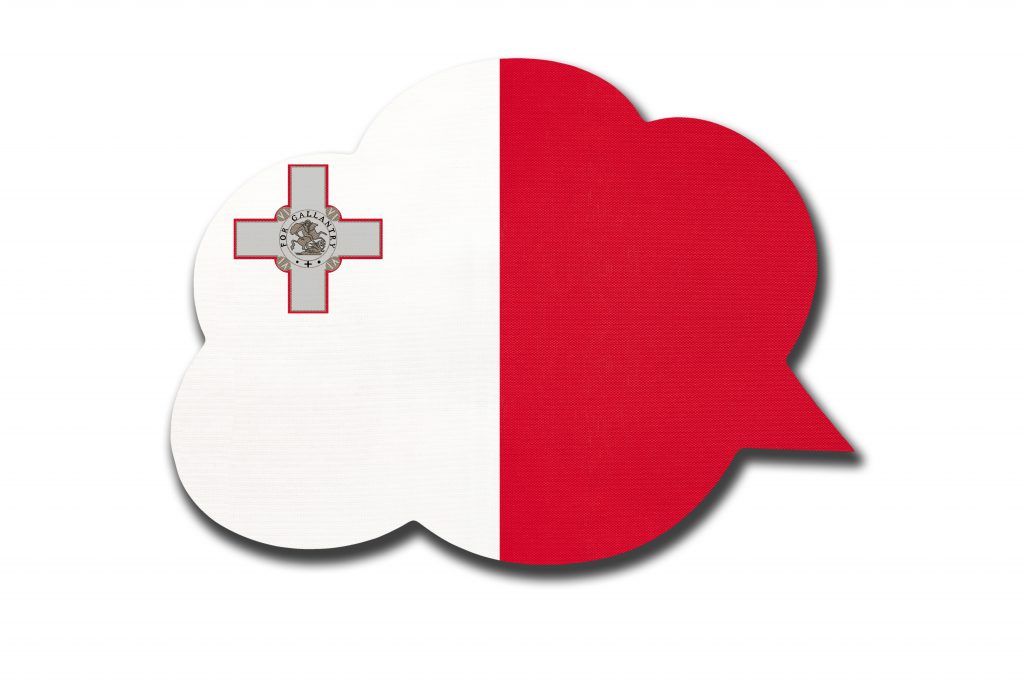Our national language

The identity of a nation is intertwined in history, traditions, culture, geographical location and its language. The latter is a privilege that not every country enjoys. Huge countries like the United States, Australia, Brazil have no language of their own despite being world powers or major players in their respective continents. The Maltese language has solid legal status as it is one of the EU’s official languages. It also features another unique characteristic whereby there are various dialects in different regions of the Maltese Islands, just like one may find in larger countries.
However, there are worrying signs that the Maltese language is under threat and its future in doubt. These threats come from various sources including social media, the influx of foreign workers, globalization and sometimes a lack of educational material in Maltese.
Two years ago, former Education Minister Evarist Bartolo was quizzed in parliament about the Government’s efforts to promote the Maltese language. He had bluntly stated that Fonzu l-Fenek, a children’s character created by Maltese educators for pre-school age, stood no chance against Peppa Pig, a very popular cartoons character which is aired on television in 180 countries around the world. His point was that from an early age children are being exposed to English if not an American accent, but very little to Maltese. The situation is made even worse when at home and sometimes at school, Maltese is either discouraged or not used at all. The end result is emerging in the SEC exams whereby examiners have been warning for years that the situation is deteriorating. Such decline is also evident on social media including Facebook which is becoming a hotbed for orthographical mistakes if not newly-coined terms which do not exist. This decadence is also being registered on broadcast media whereby television and radio stations are also setting a bad example. In this respect the Broadcasting Authority should be more pro-active and if necessary ensure that every broadcaster has a basic level of Maltese before going on air. This can be done through courses focusing on the key aspects of Maltese used in broadcasting. Though Maltese at times cannot be used when dealing with certain technical subjects we have ended up in a situation where even commonly used terms like the days of the week are being sacrificed to use English.
Meanwhile, the influx of foreign workers has exacerbated the situation as the population is having to use English to communicate. Hotels, restaurants or even buses are just a few examples. These trends are also clear among children, many of whom do not feel comfortable speaking Maltese, due to limited vocabulary. At times they only understand Maltese terms if given an explanation in English. No wonder there are 16-year-old students in the SEC exams who are not even able to express themselves and end up conjugating words which do not exist. Moreover, English expressions and idioms are being translated literally into Maltese, rather than using Maltese expressions.
On a positive note, the project to develop a spellchecker in Maltese is a big step forward as at least there will be a reliable source to reduce spelling mistakes. However, to improve the situation there must be a law establishing those circumstances and situations where the use of Maltese, even if not exclusively, should be mandatory.
It does not make sense that in places such as hospitals, nursing homes or in essential services such as public transport, Maltese is being side-lined completely. This is placing a category of the population who are either not fluent in English or feel more comfortable using Maltese at a disadvantage. Furthermore, it is relegating the national language to a minority, probably the elderly population and some academics. In turn, this is threatening to throw down the drain all the efforts made by the likes of Mikiel Anton Vassalli, Dun Karm Psaila and Ġużè Aquilina who are the pioneers of the Maltese language.
